Per capita income in rural Yunnan exceeds 10,000 yuan
The 2019 per capita disposable income of farmers in poverty-stricken areas across Yunnan province reached 10,771 yuan, according to a local news release on March 25. The result was achieved through poverty alleviation combined with industry cultivation, e-commerce promotion, ecological protection, and tourism development.
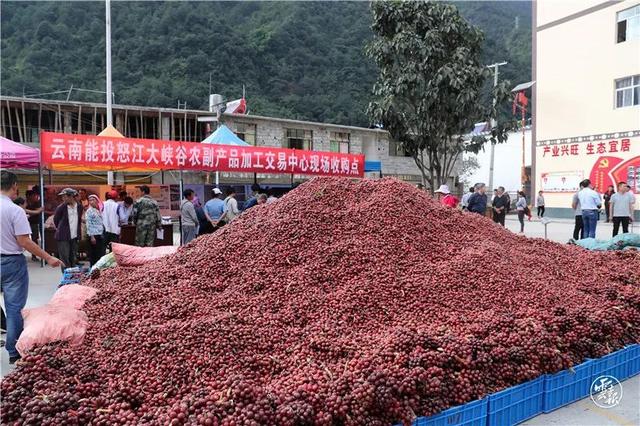
In terms of industrial cultivation, the province's industrial programs covered 1.691 million poor households in 2019, accounting for 99.48% of the identified poor families. 90.4% of the poor households in Yunnan benefited from poverty-alleviation based on industries.
Agro-enterprises, farmers' cooperatives and new agro-business operators took the lead in the effort, with major agro-enterprises assisting the farmers' cooperatives, which consists poor households.
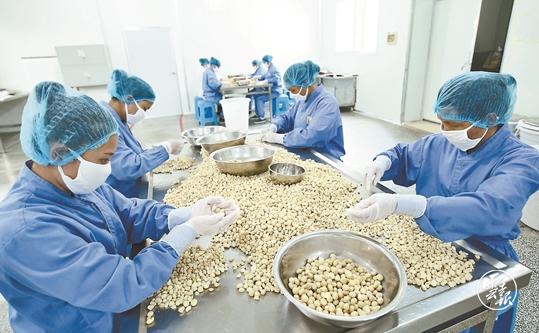
In 2019, the 4,624 leading agro-firms in Yunnan assisted 713,400 poor households, with 18,200 cooperatives aiding poor farmers in 1.143 million households. A total of 29,500 new agro-business operators in the province joined in industrial poverty reduction, offering help to the needy in 1.675 million homes.
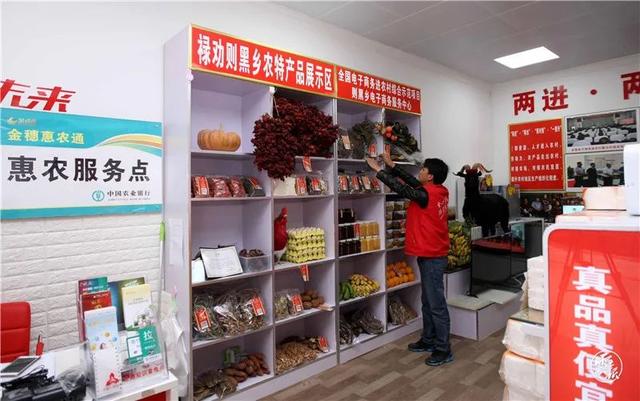
E-commerce is also rendered into an effective way to shake off poverty. Yunnan had its 96 counties/cities/districts listed as national pilots of rural e-commerce operation, ranking first among Chinese provinces. All poverty-stricken counties at the national level were covered by e-commerce in rural areas.
In 2019, online sales in rural Yunnan amounted to 51.798 billion yuan, an increase of 36.36% year on year and much higher than the national average of 10.75 %. The rural online sales have increased by 20 times in the past five years.

An app selling Yunnan specialties was developed to showcase online 624 companies, 678 brands, and 6705 goods varieties from poor areas. At the same time, physical stores of the app were set up in Shanghai, Guangzhou, Shenzhen, and Kunming, exhibiting 5,430 products from poverty-stricken areas.
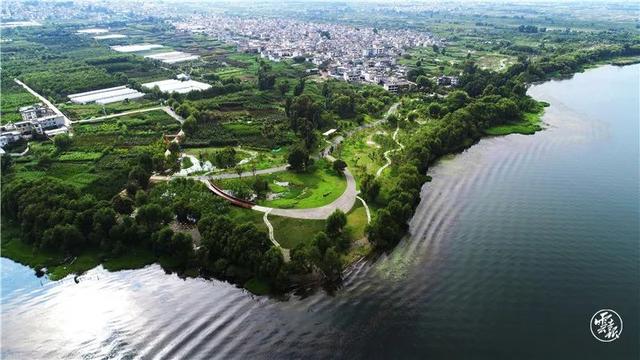
In ecological poverty alleviation, the province made good use of special funds, with the impoverished population employed as forest rangers, who contributed to protecting forests, grasslands, and wetlands. Now, the number of rangers in Yunnan reached 170,400, who indirectly benefited a population of 700,000.
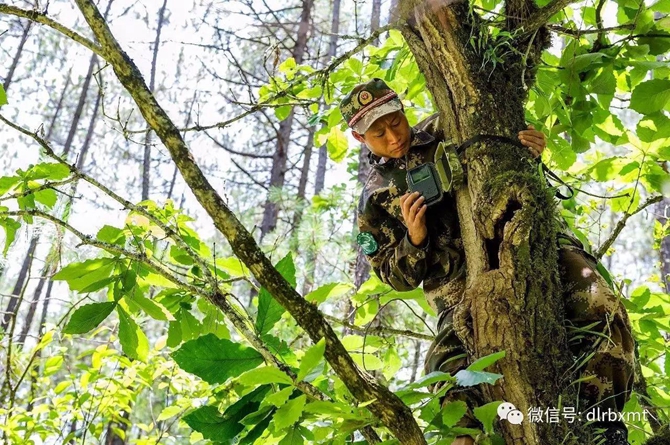
As of 2019, the province had afforested 100,000 hectares of marginal farmland previously tilled by the 993,000 poor people, who are compensated by a total of 1.87 billion yuan.
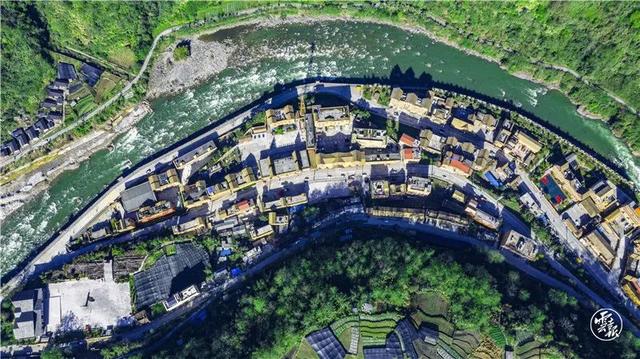
Tourism in Yunnan makes another approach to poverty alleviation. Since 2016, the province's rural destinations have invited in 925 million tourists, gaining an income of 700 billion yuan. Tourism and cultural activities raised 750,000 people out of poverty, accounting for 12.2% of the enriched population.
Targeting Nujiang prefecture, 20 counties, 30 towns, 500 villages and 10,000 households that boast rich tourist resources, the cultural-tourism programs have lifted 800,000 across Yunnan out of poverty.

Now, the Nujiang Lisu Autonomous Prefecture in northwest Yunnan is linked to the outside world by a brand new road. With the inception of the grand tourist ring route in west Yunnan, the Dulongjiang town has been upgraded to a 3A national scenic area, and 30 poor villages in Nujiang are embracing tourism.
Reporting by Han Chengyuan Wang Huan (Yunnan Daily); trans-editing by Wang Shixue